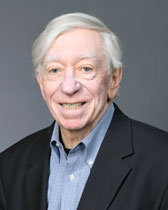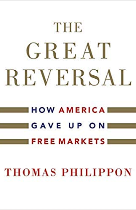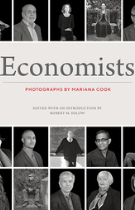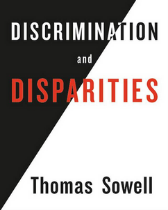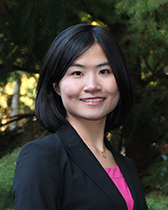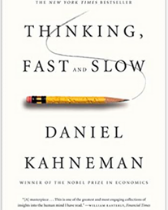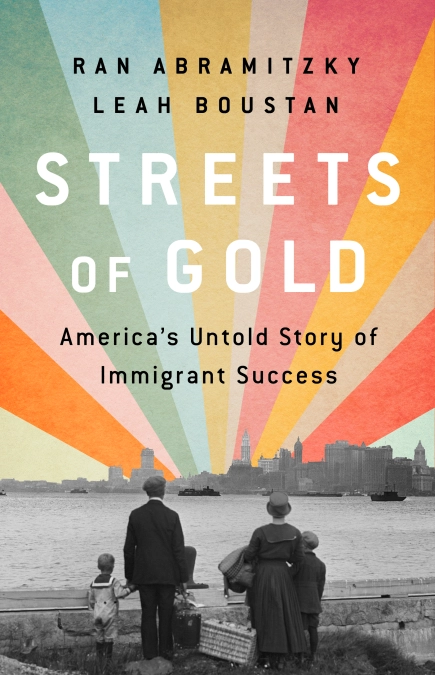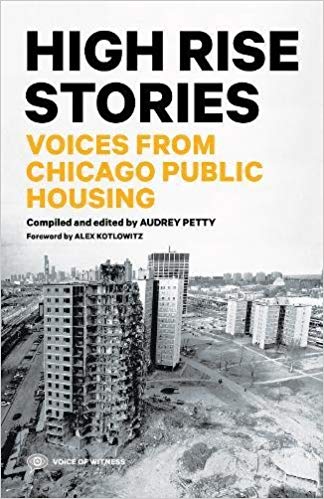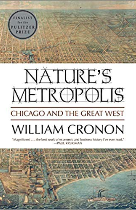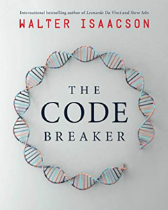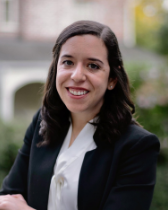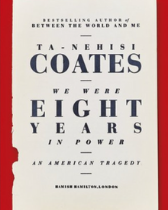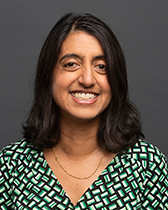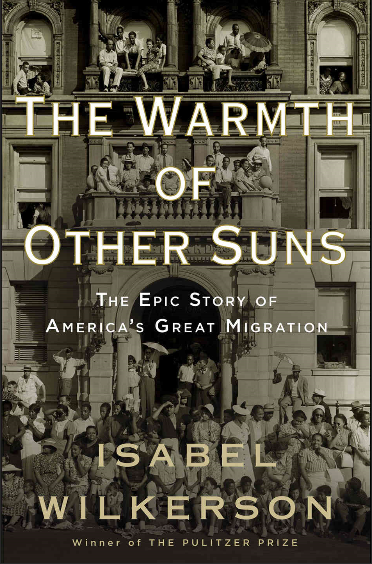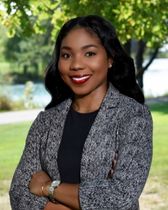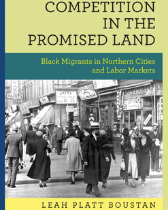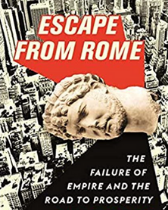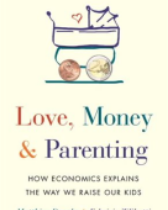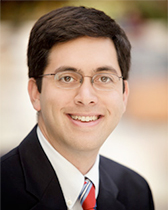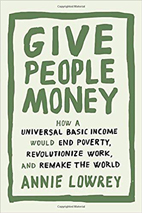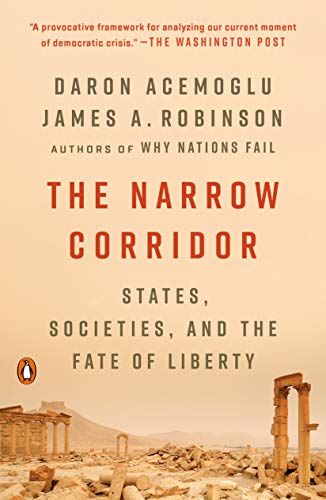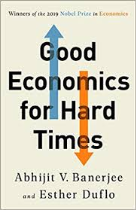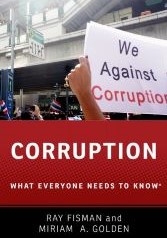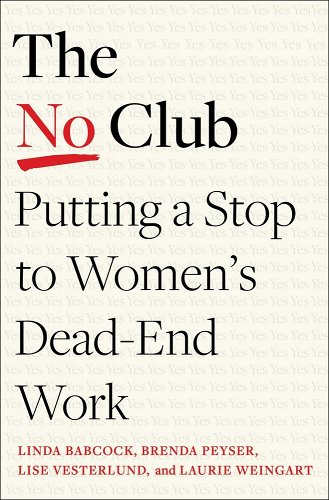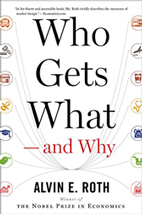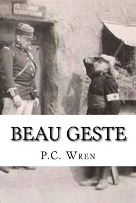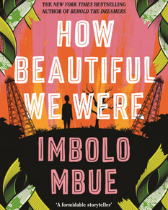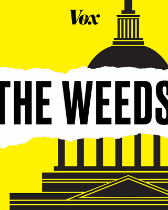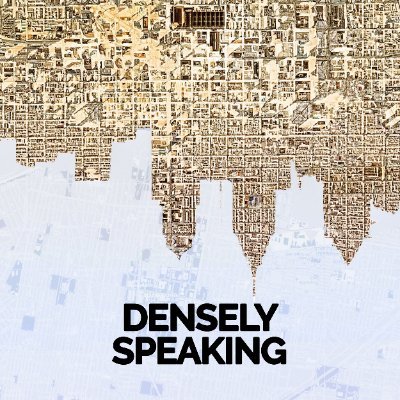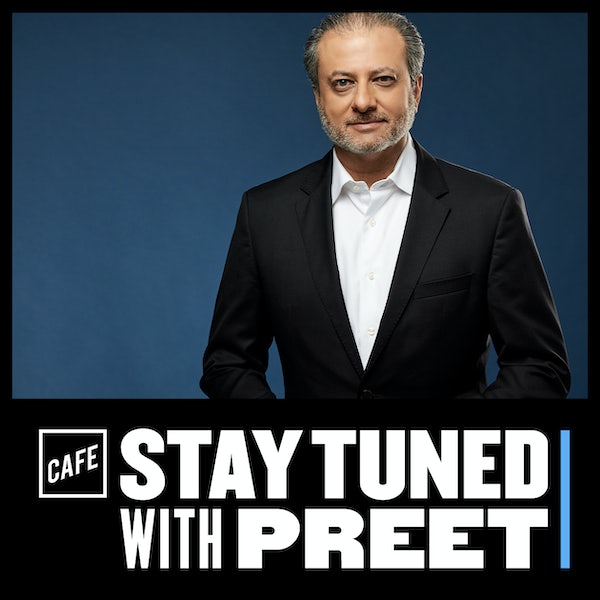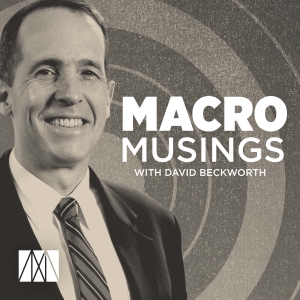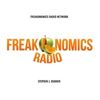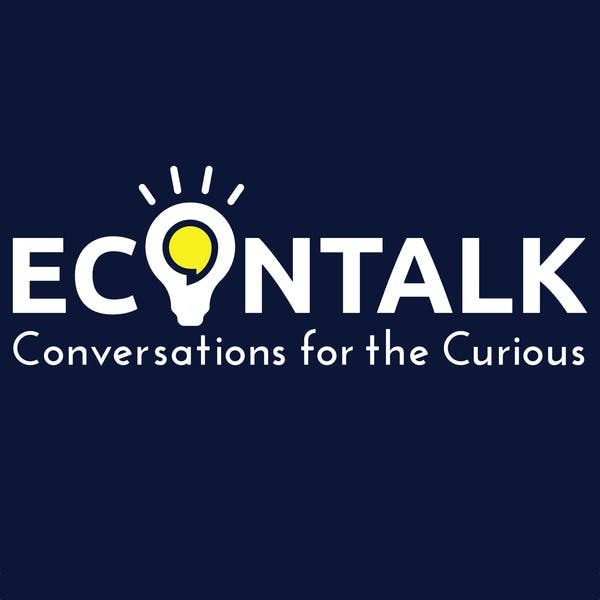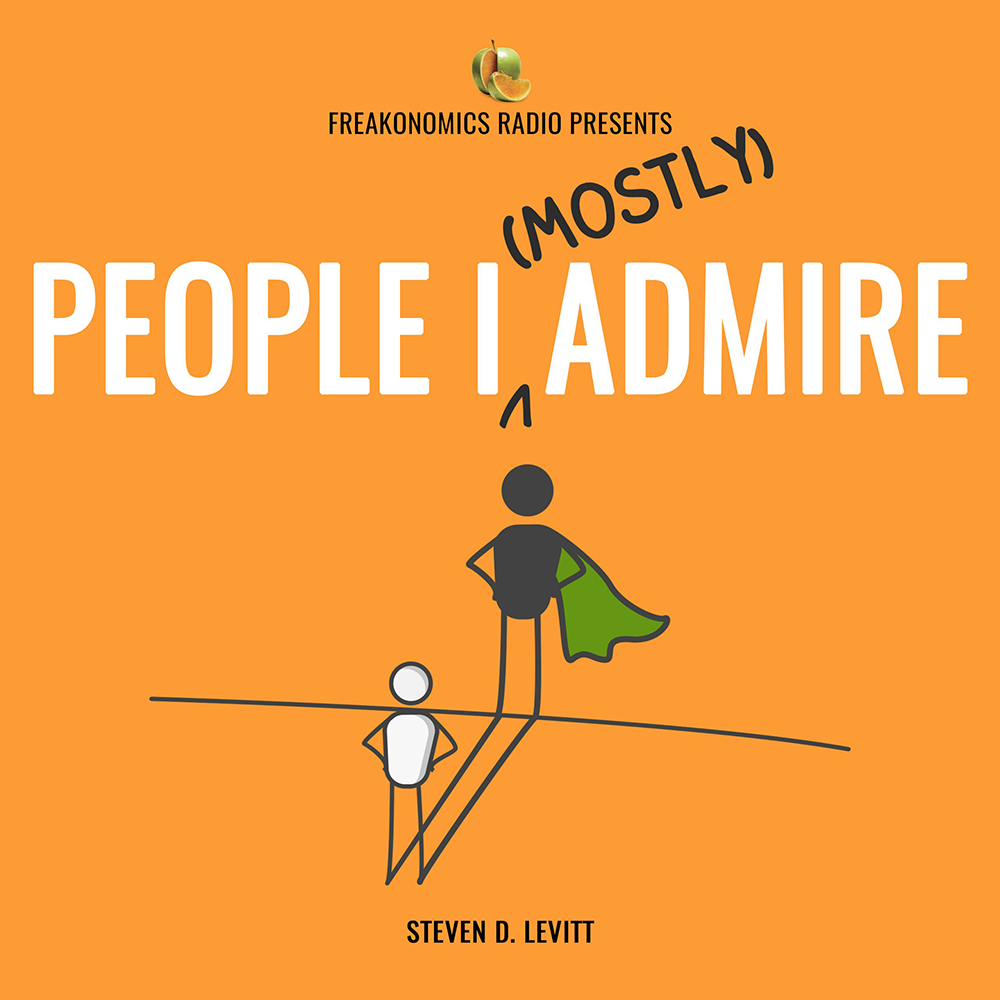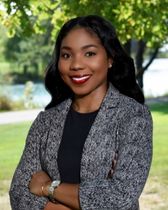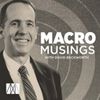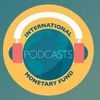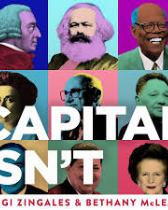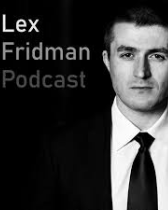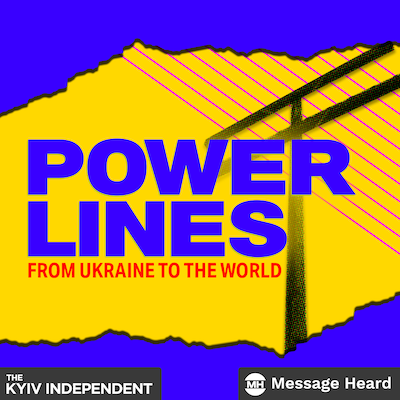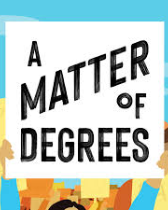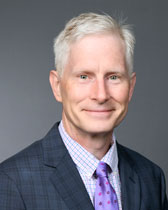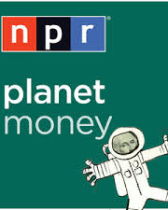Faculty & Student Media Recommendations
With a vast range of topics, we hope you find the following book recommendations to be thought-provoking and dialogue-producing.
Faculty |
Cover Image |
Book Description |
|---|---|---|
|
|
|
The South Side: A Portrait of Chicago and American Segregation, Natalie MooreMoore is a local born reporter for WBEZ Chicago. It is part memoir of her time growing up in the South Side, and part a history discussing segregation and housing in Chicago. |
|
|
|
Evicted: Poverty and Profit in the American City, Matthew DesmondCompelling narrative about how problems in the housing markets in the U.S. traps households into poverty. |
|
Matthias Doepke |
|
The Titan, Theodore DreiserA classic American novel based on the true story of the construction of the “El” in Chicago – a fun read with lots of local history, including political corruption and unbridled capitalism at the emergence of Chicago as a leading metropolis. |
|
|
|
Dignity: Seeking Respect in Back Row America, Chris ArnadeThis book is a poignant reminder of the divides in American society. Using a blend of prose and photographs, it depicts the lives of people operating at the fringes of society. The result is a vivid portrait of real people doing real things in a world far removed from Northwestern. This book is not a sentimental one, designed for the faint of heart. It offers no solutions, just a picture of how people cope in a harsh world. Like one reviewer, I found grace in Arnade’s meditations on faith. Like the author, I was drawn to the spiritual strength and resiliency of people who suffer and own nothing. Not so different from the people I grew up with who arrived to the New World after the Holocaust. You will find your own reference point. |
|
|
|
Stories of Your Life and Others, Ted ChiangHis best collection in my opinion, though I haven’t read all the competition. I think sci-fi is good reading for academics, and this is sci-fi at its best. I find his prose in particular worth studying; it’s brilliant but restrained, rising to meet the scale of his ideas but not overshadowing them. There’s also something fascinating about seeing an idea be played with in writing; instead of being fixated on answering a question, Chiang is comfortable exploring an idea with no expectation of resolution (this might not be worth emulating in academic work, but it feels more interesting and honest, and allows for grander ideas to be grappled with). Hell is the Absence of God is my favorite of the collection (and favorite short story period). |
|
|
|
The Great Reversal: How America Gave Up On Free Markets, Thomas PhilipponThis book argues persuasively that the increased concentration of numerous American industries is having a negative impact on innovation and is undermining the benefits of American capitalism.Economists, Robert M. Solow and Mariana CookThis book combines 100 original photographic portraits of leading American economists, including many winners of the Nobel Prize, with fascinating answers by each featured economist to a question posed to them by Robert M. Solow that is attuned to their expertise and interests.
Discrimination and Disparities, Thomas SowellSowell usefully distinguishes three types of discrimination. (1a) is discrimination based on observable individual characteristics, (1b) is statistical discrimination based on group averages when individual data cannot be observed, and (2) is pure “animus” discrimination. Policy remedies and their outcome differ by type of discrimination. While many will disagree with Sowell’s skepticism about types of policy remedies, the reader will gain insight and perspective by thinking through the difficult issues treated in this book. |
|
Yingni Guo |
|
Thinking, Fast and Slow, Daniel KahnemanThe book offers a pathbreaking tour of our two-system mind and how we think. |
|
|
|
Streets of Gold, Ran Abramitzky and Leah BoustanIn Streets of Gold, Ran Abramitzky of Stanford (Northwestern Economics Ph.D., 2005) and Leah Boustan of Princeton take a data-driven approach to understanding the American immigrant experience. Distilling more than a decade of academic research by two of the leading experts on immigration economics, the authors aim to dispel some of the common myths that dog debates about immigration in America. We learn, for example, that immigrants today assimilate just as quickly as those who arrived in the nineteenth century, and that second-generation immigrants tend to be even more upwardly mobile than those with US-born parents. A fascinating and quick read for anyone with an interest in this important topic. |
|
Sara Hernández-Saborit |
|
High Rise Stories: Voices from Chicago Public Housing, Audrey PettyI got this book before moving to NU, while I was still living in Cambridge, MA. It provides a very unique oral history of the Chicago housing projects. It touches on its creation, life there, and the ultimate demolition and displacement of its inhabitants. Anyone interested in labor economics, public programs, and poverty will find some of its tales very revealing. |
|
|
|
Nature's Metropolis: Chicago and the Great West, William CrononChicago played a key intermediary role in America’s 19th century development as the home of well-organized markets that gathered and processed natural products from the Great West before transporting them to buyers, especially in the Northeastern United States. This book explains the rise of Chicago – from muddy riverbanks to an urban center – as well as the historic and economic significance of railroads, grain elevators, lumberyards, meat-packing plants, refrigerated railcars, mail-order catalogs, and futures contracts. |
|
|
|
The Code Breaker, Walter IsaacsonThis is a biography of Jennifer Doudna who, with Emmanuelle Charpentier, won the 2020 Nobel Prize in chemistry for research leading to the development of the CRISPR gene editing method. Isaacson describes the lucky accidents (one when Doudna was in sixth grade); chance encounters with the right people (Charpentier was one); and contributions of graduate students, post-docs, and even two employees of a yogurt company that led to Doudna’s success. You will also learn a lot about biochemistry and genetics from this book. |
|
|
|
We Were Eight Years in Power, Ta-Nehisi CoatesThis book is a collection of essays written by Coates between 2008 and 2016, over the course of the Obama administration. All the essays were published in The Atlantic, but the book also includes the author's thoughts about each essay and the context in which each was written. The essays discuss different topics related to race in America, including the way we talk about the Civil War, the legacy of Malcolm X, and Coates' famous article making a case for reparations. |
|
Seema Jayachandran |
|
The Warmth of Other Suns, Isabel WilkersonA beautifully written non-fiction book about the "Great Migration" of Black Southerners in the 20th century, told through the lives of three people, who migrated to Chicago, New York City, and Los Angeles. |
|
Sidonia McKenzie |
|
Competition in the Promised Land, Leah Platt BoustanThis book uses novel historical census data and rigorous econometric methods to provide a fresh perspective on the cause and long-term effects of the Great Migration of southern African Americans. It isn’t simply a collection of empirical papers, but an expertly crafted and comprehensive exposition that gives a vivid and rich treatise on the Great Migration. Leah Platt Boustan is a master storyteller and exceptional writer! You will enjoy reading this book! |
|
|
|
Escape from Rome: The Failure of Empire and the Road to Prosperity, Walter ScheidelWhy did Europe develop in one way and China in another? In 500 AD they looked pretty similar, then they went in different directions, creating what historians call the Great Divergence. A historian of the classical world with ambitions to explain everything takes a look - you'll be amazed and stimulated. Love, Money, and Parenting: How Economics Explains the Way We Raise Our Kids, Matthias DoepkeWhy do we spend more time and money on our children than ever before? Does economics have anything useful to say about that? Our own Matthias Doepke takes a look with Yale's Zilibotti. The answer, of course, is "yes" but perhaps not for the reasons you thought! |
|
Matthew Notowidigdo |
|
Give People Money: How Universal Basic Income Would End Poverty, Revolutionize Work, and Remake the World, Annie LowreyThis is a well-researched and readable book on “Universal Basic Income” programs. The book discusses a wide range of economics papers from around the world, and it also covers the current UBI policy debate and the public finance trade-offs involved in financing such an ambitious program. |
|
|
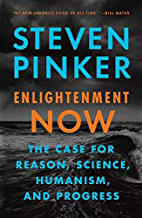 |
Enlightenment Now: The Case for Reason, Science, Humanism, and Progress, Steven PinkerIn Enlightenment Now, Steven Pinker attempts to give readers a "reason to live": Progress is possible if we continually apply reason and science to the inevitable problems that we encounter. That may sound overly ambitious, but I believe he succeeds. |
|
|
|
The Narrow Corridor: States, Societies, and the Fate of Liberty, Daron Acemoglu and James RobinsonThe book describes interaction between the state and the civil society, the pros and cons of having a strong state, and argues that a well-functioning democracy requires state capacity and the strength of the civil society to grow together. |
|
|
|
Good Economics for Hard Times, Abhijit Banerjee and Esther DufloYou won't agree with all of it. But the arguments are thoughtful, the writing is superb and the ideas matter. |
|
|
|
Corruption: What Everyone Needs to Know, Ray Fisman and Miriam A. GoldenA must read to learn about corruption across time and space, from the fall of the South Korean president, to the largest corruption scandal in Italian history, to the spark that unleashed the Arab Uprisings, to better understand why, when and how corruption happens, and how we can fight effectively against it The No Club: Putting a Stop to Women's Dead-End Work, Linda Babcock, Brenda Peyser, and Lise VesterlundAn eye-opening read about one of the main sources of gender inequality in the workplace: women are more likely to be asked, and to accept, to perform time-consuming tasks that are not highly rewarded from a career perspective (e.g. participate in committees, organise social events and so on). |
|
|
|
The Company of Strangers: A Natural History of Economic Life, Paul SeabrightThe modern economy is remarkable in the degree of specialisation and coordination on display; those shoes that fit your feet so perfectly were probably made thousands of miles away by someone you’ll never meet. In The Company of Strangers Paul Seabright argues that this is thanks to institutions (markets, firms...) that harness not just human self-interest but also our capacity to trust and cooperate with people we don't know. Seabright, an economist, draws on anthropology, biology and history to explain how this latter capacity and those institutions evolved together. |
|
|
|
Who Gets What — and Why: The New Economics of Matchmaking and Market Design, Alvin E. RothThis is a book I use in my first-year seminar class. Nobel Prize winner Alvin Roth writes about how markets can work, but also how they can suffer from some subtle but important failures. He goes through some of his famous work on the matching of medical school graduates and residency programs, newly graduated lawyers and clerkships, matches between kidney donors and recipients, and the problems with students applying for competitive high schools and colleges. I see a lot of relevance of his work with the way the job market for Northwestern undergraduates keeps working to earlier and earlier points in their college education; and where some sophomores are getting offers for summer internships before their senior year that will likely turn into full-time job offers after graduation. That is, students who are less than halfway through their college education are matched with jobs that they may well have for the rest of their careers. Beau Geste, P.C. WrenAn exciting 1924 novel about the French Foreign Legion that applies some remarkable examples of backward induction and game theory. Very fun! How Beautiful We Were, Imbolo MbueFor fans of development economics, asymmetric information, and the Environmental Kuznets Curve, Imbolo Mbue's How Beautiful We Were is about the collision between a small African village and a big American oil company. Sometimes a crazy person can change us from a bad equilibrium to a better one. |
A great way to learn more about economics or stay well versed in the field is to listen to podcasts. We hope you enjoy the podcasts recommended by our faculty!
Faculty |
Cover Image |
Podcast Description |
|---|---|---|
|
Lori Beaman |
|
Podcast Name: The Weeds Podcast The Weeds is largely a politics podcast but at least once each week they discuss a white paper on current research from academic economists or political scientists. Podcast Host(s): Matthew Yglesias |
|
Walker Hanlon |
|
Densely Speaking with Jeff Lin and Greg Shill Densely Speaking: Conversations About Cities, Economics & Law is an interview-based scholarship podcast hosted by Greg Shill and Jeffrey Lin, an economist at the Federal Reserve Bank of Philadelphia. The meat of the show is interviews with guests about their recent work. There's also a short segment at the end called “Appendices,” where hosts and guests briefly flag other work they find interesting. |
|
Igal Hendel |
|
Covers politics and current events, through the lens of [former U.S. Attorney Preet Bharara's] legal expertise. Fascinating explanations of the workings of our complex judicial system. |
|
Diego Känzig |
|
Macro Musings with David Beckworth [Macro Musings] is a podcast covering a broad range of important macroeconomic issues and usually has an academic focus. Last year, I particularly enjoyed the episodes with Eric Leeper on the interactions of fiscal and monetary policy, with Hanno Lustig on fiscal dominance, inflation, and the effects of long-term interest rate decline and with Peter Ganong on the dynamism and resiliency of the US economy, just to name a few. |
|
Jeffrey Lewis |
|
Freakonomics with Stephen J. Dubner Each week, Freakonomics Radio tells you things you always thought you knew (but didn’t) and things you never thought you wanted to know (but do) — from the economics of sleep to how to become great at just about anything, plus the true stories of minimum wage, rent control, and the gender pay gap. Dubner speaks with Nobel laureates and provocateurs, intellectuals and entrepreneurs, and various other underachievers. Podcast Episode Title(s): "The Economist’s Guide to Parenting: 10 Years Later," October 20, 2021
Revisionist History with Malcolm Gladwell Revisionist History is Malcolm Gladwell’s journey through the overlooked and the misunderstood. Every episode re-examines something from the past — an event, a person, an idea, even a song — and asks whether we got it right the first time. Because sometimes the past deserves a second chance. Podcast Episode Title(s): "Lord of Ranking" and "Project Dillard"
EconTalk with Russ Roberts In this EconTalk episode, Steven Levitt has some funny anecdotes about life in an Econ department, such as: And the same chairman who didn't want me to teach Freakonomics, the next year came around, and I saw that I had been reassigned to an 80-person classroom. And, I went to him, and I said, 'Hey, this doesn't really make sense. We've got 300 students who want to take the class.' And, he said, 'Well, the problem is all the other faculty members got really upset because there were hardly any students in their classes, and they complained so much that I'm going to lower you back down to 80 again.' Podcast Episode Title(s): "Steven Levitt on Freakonomics and the State of Economics," November 9, 2020 Other NotesHere are some EconTalk episodes about the COVID-19 pandemic: Paul Romer on the COVID-19 Pandemic Tyler Cowen on the COVID-19 Pandemic Will a COVID-19 Vaccine Change the Future of Medical Research? Becker Fridman Institute Pandemic Economics
People I (Mostly) Admire with Steven D. Levitt (author of Freakonomics) Here is a funny anecdote from the podcast: "LEVITT: How many job applications did you put out when you were coming out of grad school? LIST: I applied to 150 schools when I went on the original job market in 1996. One of the 150 gave me an interview. Look, I was lucky enough that the University of Central Florida even interviewed me because nobody else was interviewing me. You know, of those original 150 applications, 149 people tell you, “You’re not good enough for us to even talk to.” Do you think I saved those letters? Absolutely, I saved those letters. Do I occasionally have to take a look at those letters for a little bit of extra juice or for a little bit of extra energy? Absolutely I do.” |
|
Sidonia McKenzie |
|
Macro Musings with David Beckworth Musings is a podcast which pulls back the curtain on the important macroeconomic issues of the past, present, and future.
Listen to the brightest minds in the field of economics and development discuss their latest research and deconstruct global economic trends. |
|
Joel Mokyr |
|
The Neoliberal Podcast with Jeremiah Johnson The Neoliberal Podcast dives into the deep end of policy, politics and identity and hosts the economists, academics, industry leaders, thinkers and politicians whose ideas are shaping society. Podcast Episode Title(s): "Explaining Economic Growth ft. Joel Mokyr" |
|
Marciano Siniscalchi |
|
Capitalisn't Podcast with Luigi Zingales and Bethany McLean Accessible discussion of a broad range of economics-related topics, broadly defined. It is especially interesting to contrast Luigi's views, which reflect his economist's perspective, with Bethany's, who is a (very famous) journalist focusing on economics and finance.
The Lex Fridman Podcast with Lex Fridman Lately he's been hosting political figures. Avoid those episodes. Focus on the AI/CS-focused ones, which are great and have very influential guests. Very long episodes, which I love!
Power Lines: From Ukraine to the World [This podcast] explores the historical and economic roots of Russia's invasion of Ukraine through a series of interviews with experts. |
|
|
|
A Matter of Degrees Podcast with Katharine Wilkinson and Leah Stokes I do not always agree with what they might say, but they are very interesting women who have a lot of visibility and are trying to change the world for the better. |
|
Mark Witte |
|
Planet Money with Robert Smith Planet Money has some very listenable stuff! Related SuggestionsThis isn't a podcast, but Raj Chetty's class videos are a great place to learn a lot about domestic econ problems and policy. |


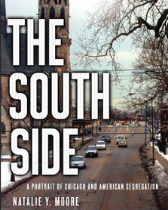
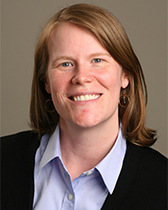
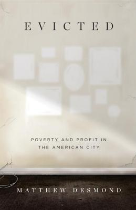

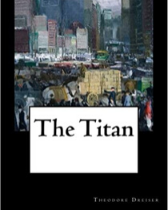
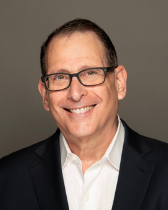
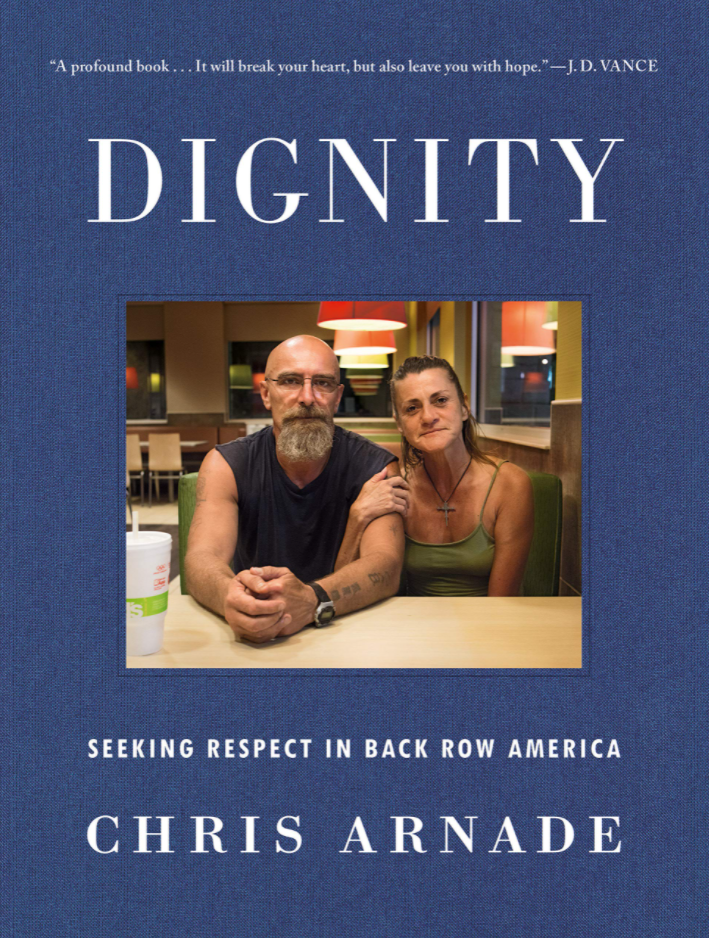
 Jake Gosselin
Jake Gosselin
